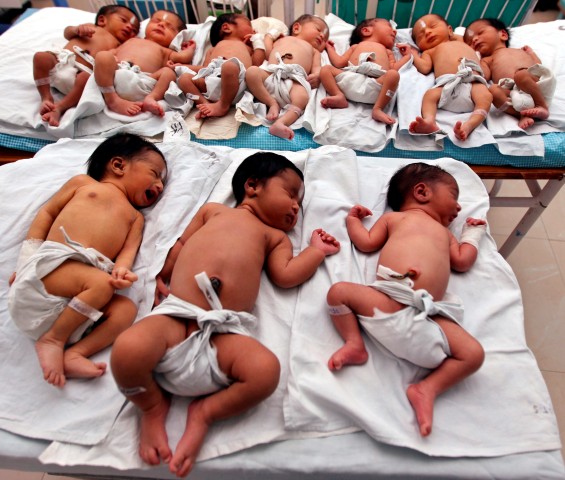S. Li
<Harvard Square Editions
The boy is but four years old when the family gets permission to move from China to the United States. They settle in an apartment in the big city: three brothers, their wives, and three children. It's a noisy box there in that two-room apartment, but soon, the boy and his mother and father, Ma and Ba, find a cheap apartment. Ba works in a Chinese restaurant and she in a sewing shop; then takes on a job as a waitress.Ma and Ba fight. Constantly. Non-stop. In front of the boy. In front of their brothers and sisters. In public. He's lying to her, hiding money away from her. She's a bitch, always nagging him. He never talks to her. She's always talking --- or ranting --- at him. He has been lying to her from the beginning. If she wants a divorce, she should go get it.
As an immigrant novel, this one has its points (the child's terror on the first day in school pulls you along) but if I hear Ba tell Ma one more time that she's a bitch and she tells him that he's a thief and a liar, I think I'll scream. Or better, get the hell out. No stuff.
Author Li wants to make sure that we know what it's like to grow up with a mother and father who hate each other again and again, each day. I counted twenty nags before I began to race ahead to see where it all might end. Li pounds it into the reader the same way a screwed-up marriage screws up a child repeatedly. I do believe that a worthy editor would have cut 80% of this back-and-forth. It would have been a far better book if it, early on, had met with a razor-sharp reader's scalpel.
§ § § Transoceanic does have its points. Ma's childbirth scene is a killer.
I stared at the patch of hairy flesh gaping like a big butchered eye struggling to wink, the folds of elastic skin stretched, the swelling crater grew to the size of a half dollar, a golf ball, a fuzzy blushed peach . . . pink membranes sparkled in the dim light, tearing, torn and the blood of cracked vessels oozed forth in bright red rivulets, lapping upon the shorelines of her thighs. Her head slowly emerged, a giant wet prune crowned with sparse black hair.
The full account --- I cut some of it for (our) mercy sakes --- should be enough to make any of us swear off having sex, much less fabricating babies, forever and forever, amen.
O yes. The Chinese hospital scene. I shudda gotten out while I was ahead. Ma's grandfather lies dying back there in China She returns to visit, and after bribing a nurse, finally finds the old man. The walls are paper thin because they can hear "all the happenings in the adjacent ward: wheezing, asthmatics, honking ventilators, music, stridor, and an argument between the nurse who just took their money and a chain-smoking patient."
The patients file back in. The silence of the pulmonary ward is replaced by a chaotic orchestra of coughs. Aunt watches as an old woman struggles to expel a globule of phlegm stuck to her bottom lip, and imagines for a moment the contents of every spittoon in China collected and emptied in to the abdomens of cement trucks to be churned and dumped into Pearl River.
The messages of Transoceanic Lights. Don't get married. If you do get married, don't have a baby. If you do have a baby, don't do it in a Chinese hospital. And if your grandfather lies dying there back home . . . duck. You've suddenly been called away to Las Vegas for an orthodontist's convention.
§ § § S. Li, we learn in the notes, is now an M.D. in Massachusetts. This must explain the detailled mucous and baby-exit passages --- plus the phlegm-filled Chinese hospital scenes. Even thought I won't gainsay that they are about the best descriptive scenes in the book.
We would hope and pray that, despite the nag passages, that S. Li is happily married, has many kindly old American clients. And doesn't work the TB or the baby wards.
--- Pamela Wylie
